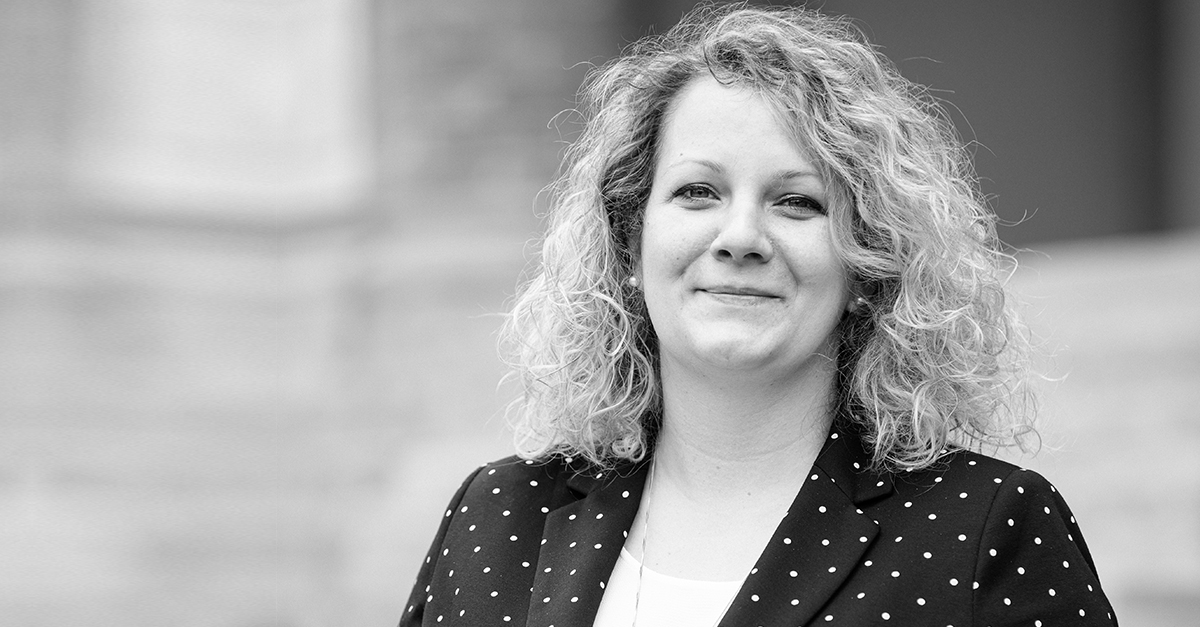
A broader set of competences to achieve concrete results
18 May 2021Jelena Loncarski received the Ph.D. degree from the Department of Electrical, Electronic, and Information Engineering (DEI), University of Bologna, in 2014. In April 2014, she joined the Department of Engineering Sciences, Ångström Laboratory, Uppsala University, as a Postdoctoral Researcher, where she is now visiting researcher. She is currently a researcher with the Department of Electrical, Electronic and Information Engineering, “Guglielmo Marconi”, University of Bologna.
The climate crisis is pushing us to think outside the box and use non-standardised ways of creating. BBS Centre for Sustainability and Climate Change has recognized this need and approached sustainability from a unique point of view. In fact, sustainability is not only the task of engineers or sociologists, but of us all together. The contribution of each individual is important but should be the integrating part of a wider collective contribution where different fields are merged and concentrated on the goal that is the sustainable future.
The principle of interdisciplinarity has become crucial to first understand sustainability and then to create theories, concepts and techniques that go beyond traditional disciplinary boundaries. My personal thoughts on interdisciplinarity go few years back, when as a researcher at Uppsala University and part of the small group of power electronics, we tried to imagine the smart converters and their integration into future smart grids, where it was clear to us that the interdisciplinary aspect will play a major role. The goal of the green and sustainable future requires even broader competences, as it influences the everyday way of living and working.
From my own perspective (i.e., the perspective of an electrical engineer), I see sustainability touches every part of the energy sector, from its production to the final users. When it comes to the production, more and more efficient renewable energy sources are integrated into the grid, reaching the 100% renewable energy goal. As the final users, it is crucial to provide the enabling techniques for sustainable e-mobility, and energy efficient industrial facilities, processes, and machinery, being the industrial sector accounting for 50% of global energy consumption.
Transport is Europe’s biggest source of CO2, with the emission of over a quarter of all greenhouse gases and annual damage cost of €66.7 billion (healthcare, damage to environment, etc.). It is evident that sustainability must be the priority and I am looking forward to being an integral part of all these developments inevitably happening and to give my contribution for a more green and sustainable future.
by Jelena Loncarski, Assistant Professor of Power Electronics and Drives
